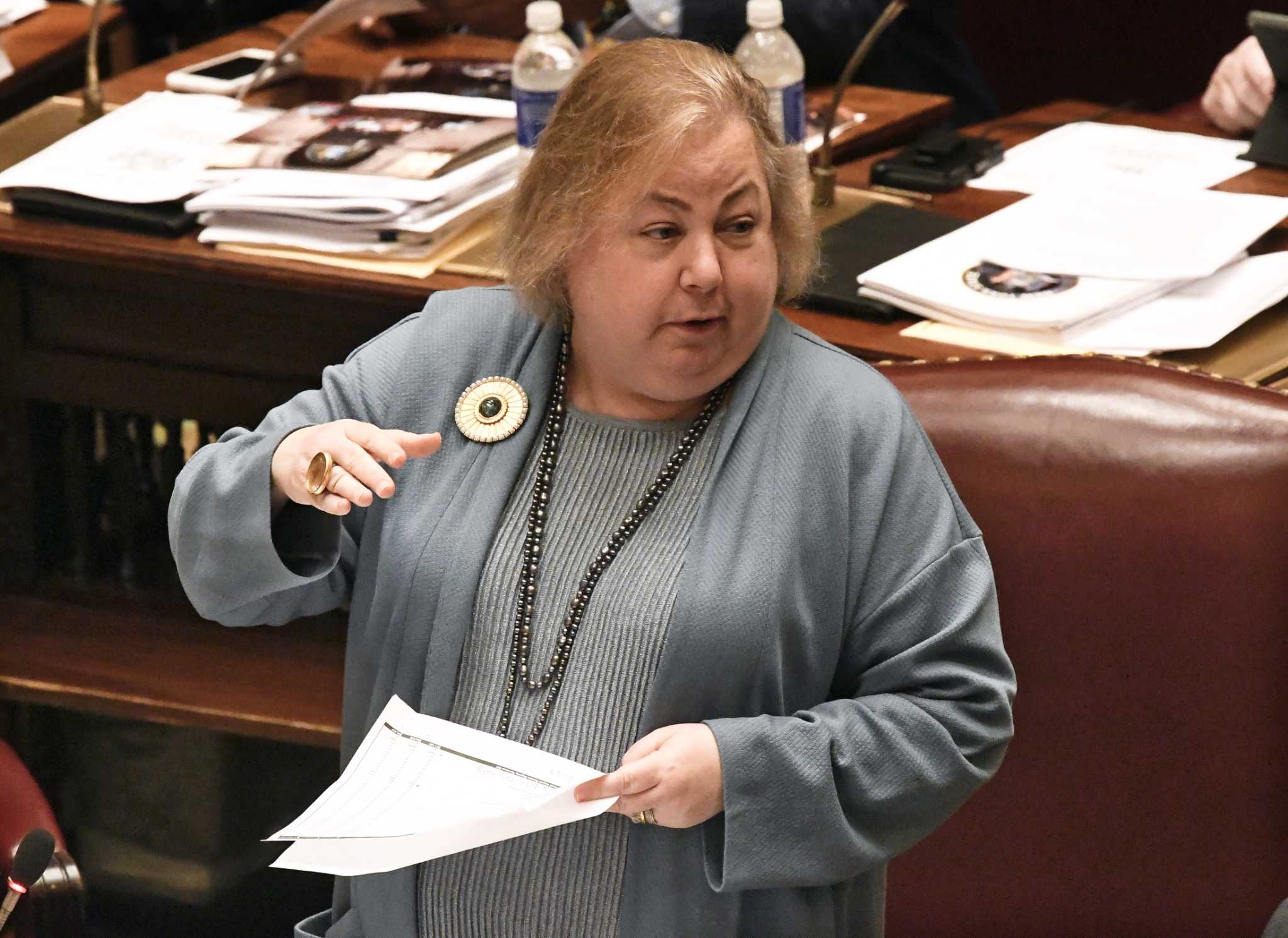ALBANY — Washington County District Attorney Tony Jordan was attending a college soccer game two years ago when he received an email notifying him the state Legislature had passed the bill that would make New York the 15th state to legalize marijuana.
Jordan was about two months shy of becoming head of the state district attorneys association — a position he would hold for two years. There had been discussions earlier that year between prosecutors and state lawmakers about the potential impact that legalization could have on illicit sales.
“We had cautioned that even in other states the result was the black market expanded, it didn’t contract and go away. That was ignored,” Jordan said.
New York lawmakers had decided that marijuana should be decriminalized immediately when the bill was signed into law that March by former Gov. Andrew M. Cuomo. It allowed anyone 21 and older to legally possess marijuana products, including up to 3 ounces of flower, and to share them with others. The legalization of marijuana took place as the first regulated retail shop would not open for nearly another two years.
“All that did was provide a far greater market and a demand for a product, because it was now legal but with no licensed facility to sell it, so entrepreneurs stepped in and filled that void,” Jordan said.
Under Cuomo’s administration, the state was slow to establish the regulatory framework required under the law to control the marketplace and to issue industry licenses first to individuals with past marijuana convictions. Those delays, coupled with law enforcement’s inability or at least reluctance to prosecute unlicensed distributors, exacerbated the spread of the underground marijuana market.
Savvy entrepreneurs quickly set up businesses distributing marijuana — including selling “stickers” at inflated prices to cover the cost of several marijuana joints or buds they…
Read the full article here

Leave a Reply